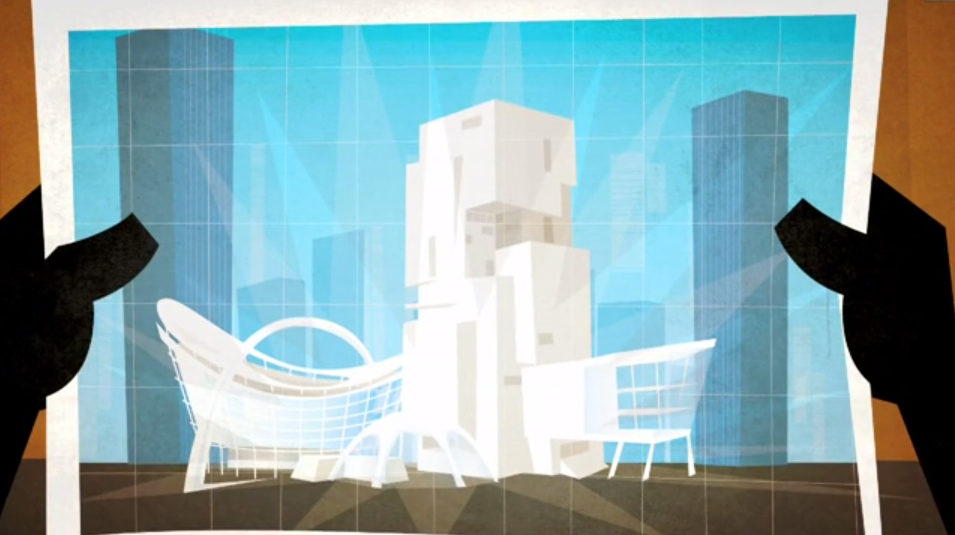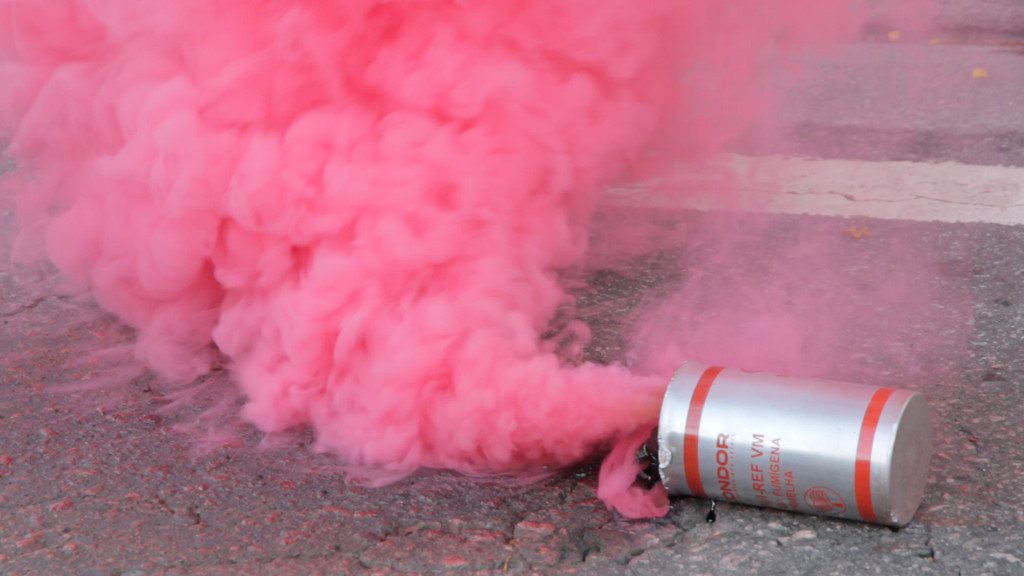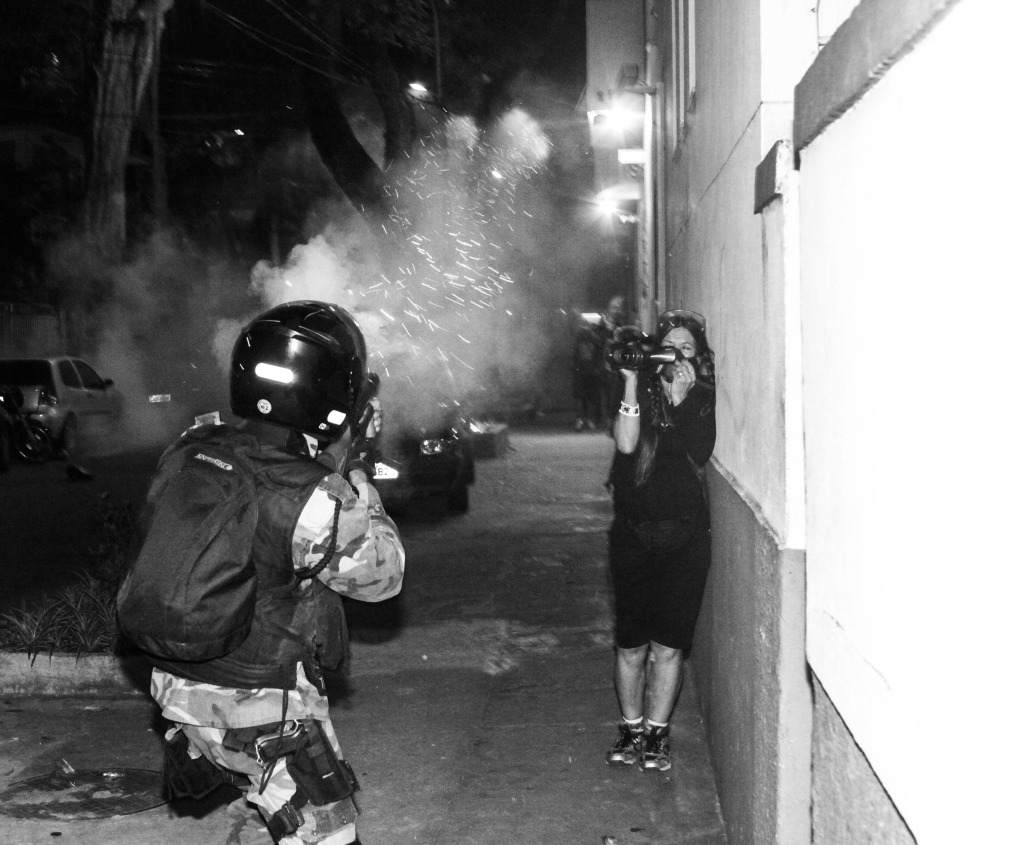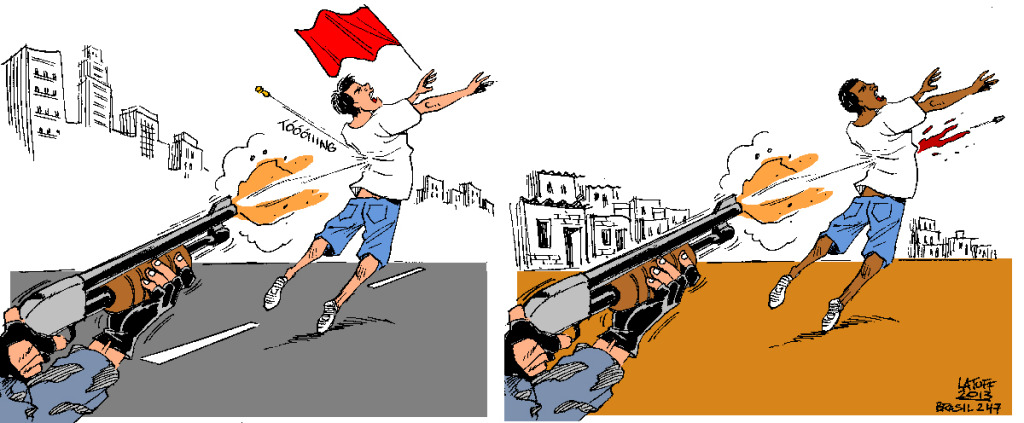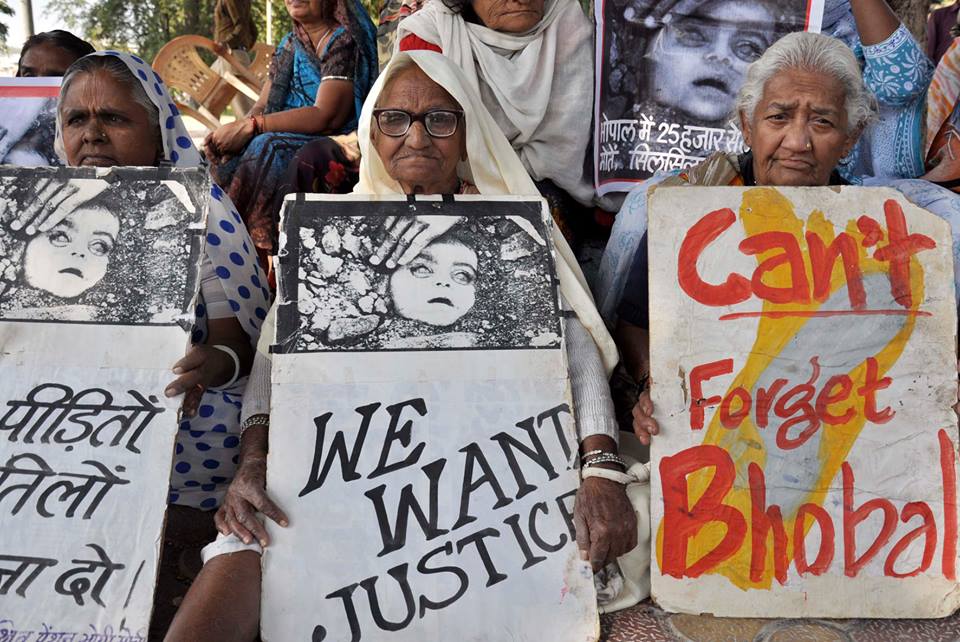JUST 11 days left for our State of Exception Indiegogo Campaign
We are entering the home-stretch of our campaign, just 1.5 weeks left!
Today, we are announcing some new campaign perks and launching a video update. Please share this video far and wide, and encourage others to donate so we can reach our goal! As most of you know, this is a grassroots project that is being funded completely outside of the corporate broadcast model – funded by YOU and others who want to take a stand against human rights injustices and the tyranny of corporate interests.
We have had tremendous success so far and we have less than $10,000 to raise! We’re asking everyone to please dig your heels in and do some personal outreach within your networks to help give our campaign a final push.
Please continue to SHARE THE CAMPAIGN on Twitter, Facebook, and other social media, as well as directly emailing anyone who would connect with this story. The statistics demonstrate that direct email is the best for inspiring people to take action, so if there’s anyone you know would be interested in joining our growing community, please send them a message today.
Please stay posted to our Twitter feed and blog at stateofexception.com for regular content posts.
As always, THANK YOU!
P.S. A huge shout out to one of our favorite NGOs: Witness.org for producing the animation in our video
